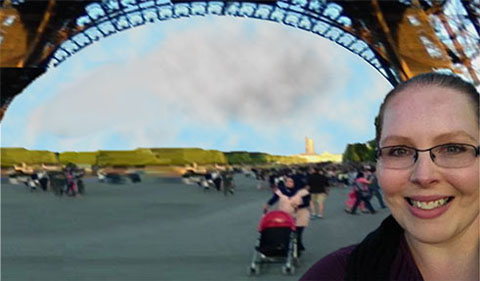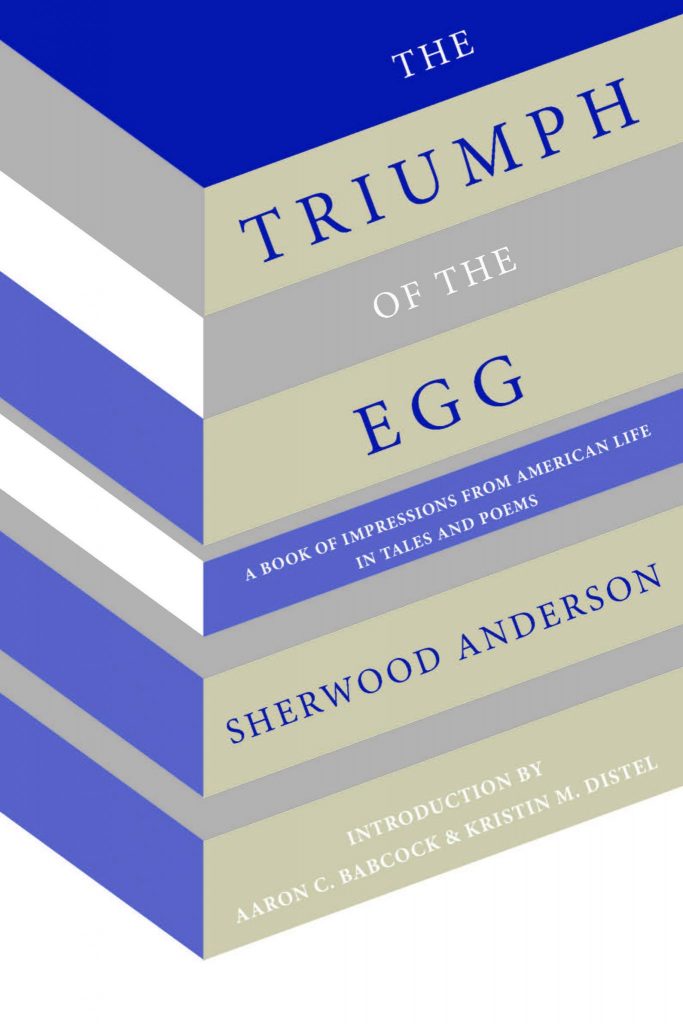
English doctoral student Kristin Distel
Kristin Distel, doctoral student in English, visited Princeton University’s archival libraries and examined Toni Morrison’s drafts, lecture notes, and correspondence.
She was awarded a competitive scholarship from Ohio University’s English Department, one of eight to students who are conducting research for their respective dissertations and projects.
ABSTRACT: As a recipient of a summer scholarship from Ohio University’s English Department, I was able to visit the Archives and Special Collections at Princeton University. The scholarship funds I received will be essential to the development of my dissertation and to the argument I want to make about gender and space in women’s literature. Princeton recently acquired all of Toni Morrison’s papers, including drafts of her novels, her lecture notes, syllabi, correspondence, and myriad other documents. Morrison’s novels, especially Paradise, will figure largely into my dissertation, especially my two final chapters.
I spent one week at Princeton University and was able to view a very large portion of their Morrison holdings. I began my research with two goals in mind, both of which are crucial to my dissertation. First, I hoped to find Morrison’s working definition of a utopian space. Because “paradise” is such a subjective term (and one about which critics of her novel have long disagreed), I wanted to use Morrison’s own definition in order to solidify my argument about gendered spaces. The second goal I had set for my research was to locate any references in Morrison’s papers to feminist literature of earlier centuries.
In reviewing thousands of pages of Morrison’s handwritten notes, as well as drafts, lecture transcripts, syllabi, and handouts she provided to her students, I located precisely the information I needed. These findings will strengthen immeasurably the argument I am putting forth in my dissertation. I want to prove that women writers, especially those who examine gender and space, have participated in a centuries-long conversation. With the gracious financial support of the English department, I will be able to do so.



















Comments